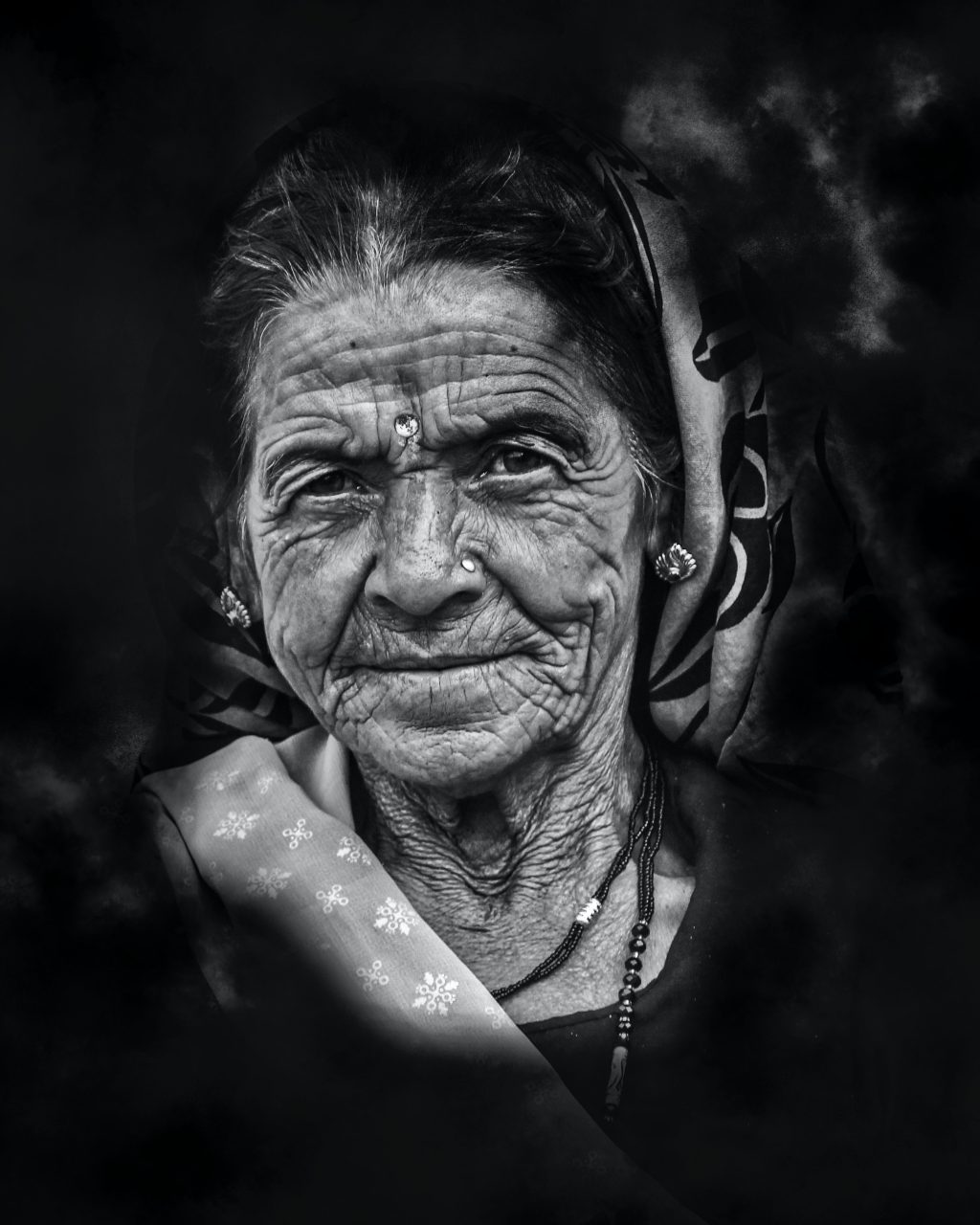
Arun Balkrishna Kolatkar (1932 – 2004) is a poet who created his own space in postmodern Indian poetry. He used to write his poems in Marathi and English. Jejuri is his first collection of English poetry and it received the commonwealth poetry prize in 1977.
He faced hard times in his personal life. Poverty shadowed him for some years. The first marriage added more problems, and the relationship ended with a mutual divorce. He followed postmodern ideology not only in his works but also in his life. He neither opposed nor supported the concept of God.
He attempted to revoke the traditional religious misconceptions of India which developed from mythical stories. An old woman is one of the most notable works by Arun Kolatkar. Dilip Chitre’s Father returning home also narrates the hardships of old age.
This poem depicts how partial fate is. It creates all the fortunes for some people when others struggle to earn pennies for their life.
An old woman in the poem waits for people who visit tourist spots. She acts like a tourist guide but her only intention is to get a fifty paise coin from the visitors for her needs.
The first stanza of the poem narrates how vehement her desire is. The poet writes ” An old woman grabs hold of your sleeve and tags along.”
The old woman in the poem never stays as a beggar rather she offers her help. She tells them that she can take them to the horseshoe shrine.
The poet says that even though the visitor has seen it already she never leaves you. She tightens her hold on your shirt. At the beginning of the poem, the poet acts like a third person who clearly observed the deeds of this old woman.
In the next stanza, the poet makes a judgmental statement ” you know how old women are. They stick to you like a burr.” The poet advocates for the person whose hands are still tightened by the old woman.
Arun Kolatkar presents these scenes with his descriptive style of writing. The simplicity of thoughts and words makes each instance vivid and assimilative for the readers.
The old woman questions the visitor ” what else can an old woman do on hills.” She never feels to grab the money for free instead she loves to offer some help. She is desperate when the visitor is not willing to add her as his tour guide.
By the end of the poem, we can understand the emphatic stand of the poet. Poet blames the visitor who refused her coins. The poet strongly feels that the old woman’s tears can crack the hills and temples and also make the sky fall.
The poet values the attitude of the old woman who dignifies her job irrespective of the wage. The writer feels like the old woman is alone even in that crowd.
Arun Kolatkar mocks the attitude of the visitor by comparing him with the small changes the old woman had in her hand. The poet clearly states how unimportant are temples and religious dogmas comparing to the everyday pain of the people.
Read the full poem below.
An old woman grabs hold of your sleeve and tags along.
She wants a fifty paise coin. She says she will take you to the horseshoe shrine.
You’ve seen it already. She hobbles along anyway and tightens her grip on your shirt.
She won’t let you go. You know how old women are. They stick to you like a burr.
You turn around and face her with an air of finality. You want to end the farce.
When you hear her say. ‘What else can an old woman do on hills as wretched as these?’
You look right at the sky. clear through the bullet holes she has for her eyes.
And as you look on the cracks that begin around her eyes spread beyond her skin.
And the hills crack. And the temples crack. And the sky falls
with a plateglass clatter around the shatter proof crone who stands alone.
And you are reduced to so much small change in her hand.
Read the summary of Gopinath Mohanty’s Paraja here



